1. The Preamble to the Constitution
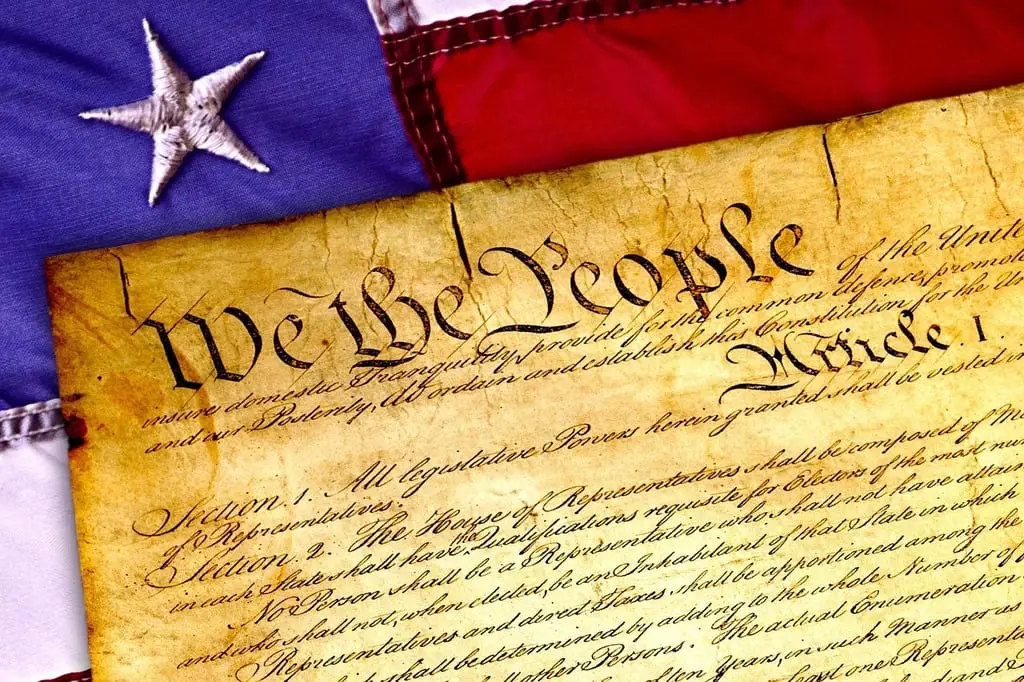
“We the People” might be some of the most famous words in American history, but that didn’t mean any of us knew what came after—or why we had to memorize it. Teachers made it feel like reciting this long-winded sentence would somehow unlock the secrets of government. Words like “domestic tranquility” and “posterity” flew right over our heads. We memorized the flow, not the meaning, hoping to get through it without stumbling over “common defence” (with that old-timey spelling). It was treated as sacred, but rarely explained shares Columbia University.
There was never much discussion about why the Preamble mattered. It was just another thing to cram before test day. If someone had broken it down into plain English, maybe it would’ve stuck with us in a meaningful way. But instead, it felt more like a chant than a lesson. We weren’t learning about our rights or responsibilities—we were just trying to sound smart for 30 seconds adds the Kids Guide.
2. State Capitals

We could rattle off capitals like “Montpelier” and “Lansing” without blinking, but if you asked us to find them on a map, forget it. There was no rhyme or reason to most of them, and half the time, the capital wasn’t even the most well-known city in the state. (Looking at you, Albany.) It was one of those assignments that felt more like trivia night prep than useful education explains Reddit.
We didn’t learn why those cities were chosen as capitals or what made them important. We just memorized a list and hoped to pass the quiz. It would’ve been more interesting to learn a story or two about the cities, but instead, we just turned them into flashcard fodder. Once the test was over, we pushed them out of our brains as fast as they went in adds Quora.
3. The Order of Planets (Including Pluto)
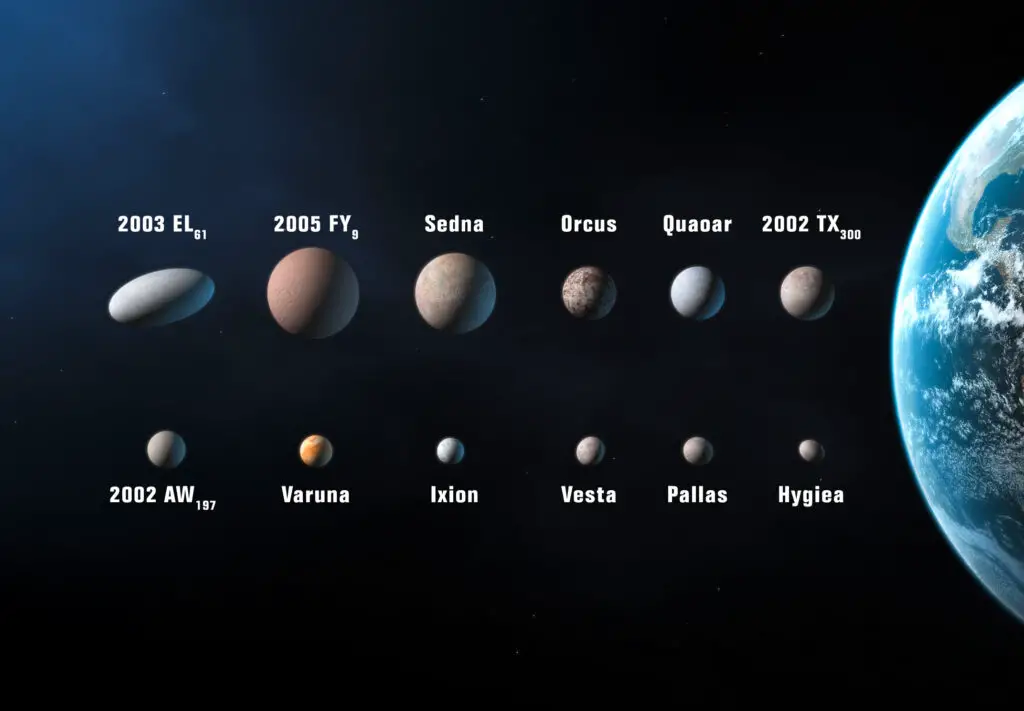
Before Pluto got demoted, we spent hours memorizing planet order with acronyms like “My Very Educated Mother Just Served Us Nine Pizzas.” It was cute—until scientists pulled the rug out and said Pluto wasn’t a planet anymore. Suddenly, our carefully memorized phrase didn’t even work. It felt like we were being punished for following the rules too well.
Memorizing the planet names didn’t teach us much about space. We didn’t learn what made Jupiter so huge or why Saturn had rings. We just needed to know who came after Earth. Space could’ve been this thrilling adventure, but it ended up being more about order than awe. And poor Pluto got kicked out after we’d already made room for it in our heads.
4. The Gettysburg Address
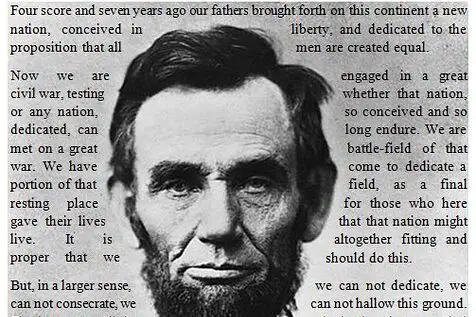
“Four score and seven years ago” sounded poetic and important, but no one told us what a “score” even was. We had to memorize Lincoln’s famous speech like it was a monologue in a play. The words were beautiful, sure, but when you’re 11, it’s hard to appreciate the gravity of a battlefield speech from 1863. Most of us just hoped to say it without tripping over “consecrate.”
Instead of learning why the speech mattered, we focused on the exact phrasing. It was a recital, not a revelation. History felt like theater rather than something real. If someone had painted the picture of what was happening when Lincoln stood there, the speech would’ve meant something. But memorizing it without context just made it another test.
5. The Periodic Table
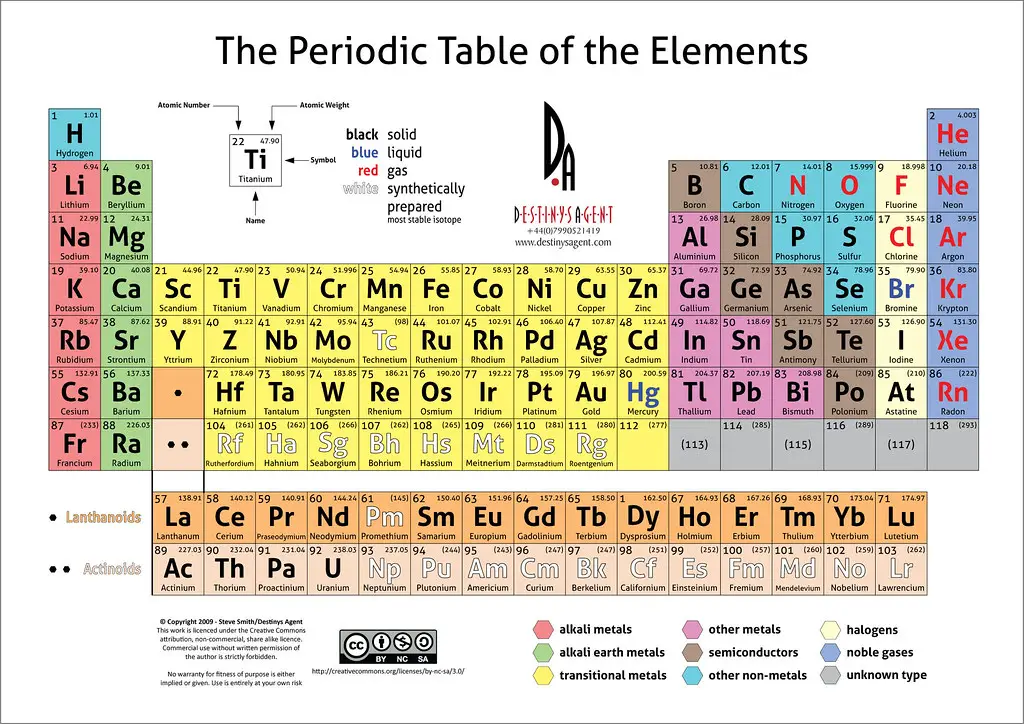
The periodic table had its own special kind of torture. We were told to remember symbols like “Na” and “Pb,” but not really taught what they did. It was like being given a toolbox and told to name everything without learning how to use any of it.
We weren’t building molecules or making cool science experiments. We were staring at a grid and trying to remember what number went with boron. It was all about recall, not relevance. For all the time spent memorizing atomic numbers, we could’ve learned how chemistry affects things we actually use—like food, medicine, or even soda fizz.
6. The Multiplication Tables
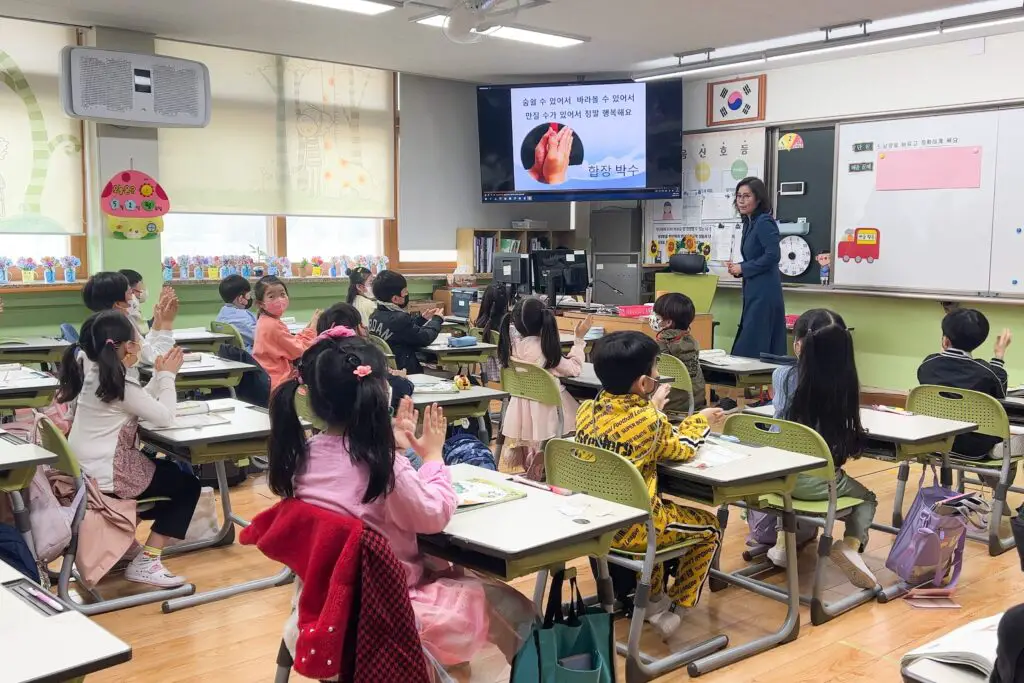
Those multiplication charts haunted many childhoods. We were drilled daily, often with timed tests that turned math into a pressure cooker. You had to spit out “8 x 7” in two seconds flat or risk falling behind. It became more about speed than understanding.
Looking back, it’s wild how rarely we used that information under pressure again. Calculators became normal soon after, making all that stress feel unnecessary. Sure, it’s helpful to know your times tables—but we could’ve been taught why they work instead of being forced to memorize them like a robot. Learning math shouldn’t have felt like running a race.
7. Spelling Lists Full of Obscure Words

Each week brought a new batch of words, most of which we never used in real life. “Conscientious” and “mnemonic” haunted our dreams, and don’t even get started on “colonel.” We practiced over and over, often writing each word five times and still forgetting it the next day.
Rarely were these words tied to reading or writing we actually did. There was no context, no creativity—just repetition. It didn’t improve our communication skills so much as our test-taking ones. And when we finally asked, “When will I use this?” the answer was usually, “Someday.” That day never came.
8. All the U.S. Presidents in Order
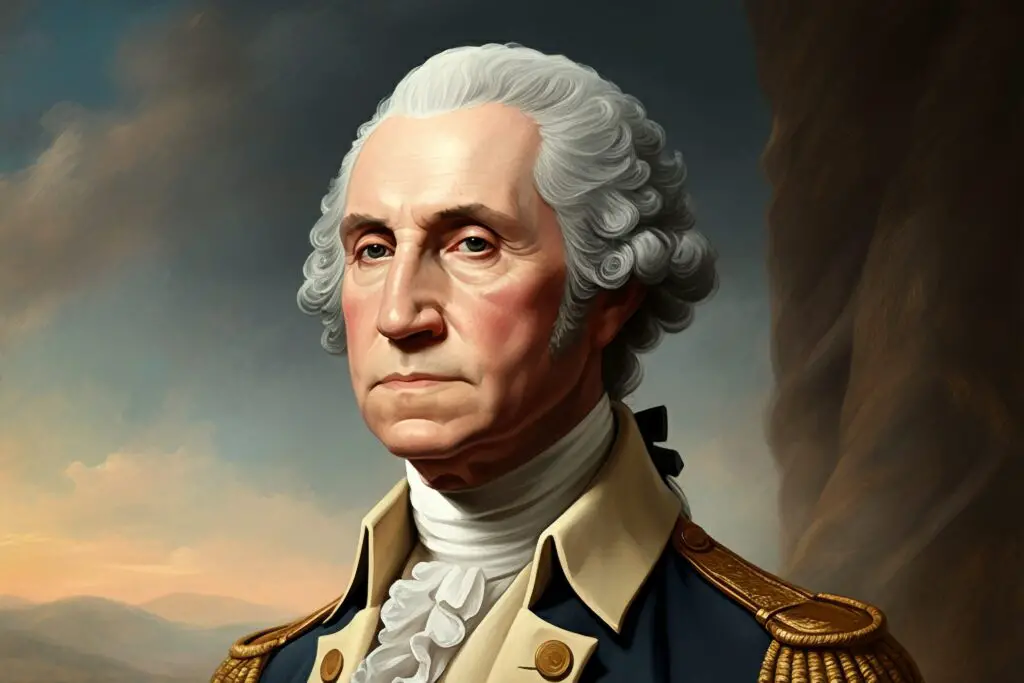
“Washington, Adams, Jefferson…” The chant began and didn’t stop until we hit whoever was president at the time. It was a race to the finish with no understanding of what made any of these leaders significant. Chester A. Arthur might as well have been a cartoon character.
Memorizing the order didn’t teach us about wars, policies, or historical movements. It was a list for the sake of listing. Instead of diving deep into a few impactful presidencies, we skimmed over them all. It felt more like stacking blocks than learning history. Once the list was recited, it was out of our minds.
9. The Parts of a Plant

We could all label the roots, stem, leaves, and petals on a diagram, but that didn’t mean we understood plants. We weren’t learning how they grew, how to care for them, or even why they mattered. Just fill in the blanks and move on.
Xylem and phloem sounded like alien words, not something inside the flower we picked at recess. Instead of growing a plant or observing it in action, we memorized words on paper. Nature felt more like a spelling test than a science. And the kicker? Most of us still can’t keep a houseplant alive.
10. The Books of the Bible (in Order)

In Sunday school or religious class, listing the books of the Bible in order was a huge deal. We’d sing songs to remember “Genesis, Exodus, Leviticus…” and scramble to recall the Minor Prophets. But we never talked about what was in those books.
It was more about hitting the list perfectly than learning any spiritual message. Most of us could tell you the order, but not the story of Ruth or why Job was suffering. Religion became a memory game, not a connection to belief or history. We followed the format without understanding the meaning.
11. Conjunctions, Interjections, and Other Grammar Labels

Diagramming sentences was like being handed a complicated Lego set without instructions. We had to label subjects, predicates, prepositions, and more, like we were dissecting frogs made of words. It turned writing into surgery.
It didn’t always help us write better sentences. Knowing that “wow” was an interjection didn’t mean we knew when to use it or why it mattered. Grammar became a technical puzzle instead of a way to communicate clearly. It made us nervous about writing instead of confident.
12. Types of Clouds

We spent an entire week learning the difference between cirrus and cumulus, but it felt like we were prepping for a very specific game show. We stared at blurry textbook photos and tried to tell one puff of vapor from another.
But we didn’t learn how weather worked, or how clouds were connected to the world around us. It was all memorization and none of the magic. After the quiz, most of us looked at the sky the same way we always had—like a big, fluffy mess. The facts floated away like the clouds themselves.
13. The Food Pyramid
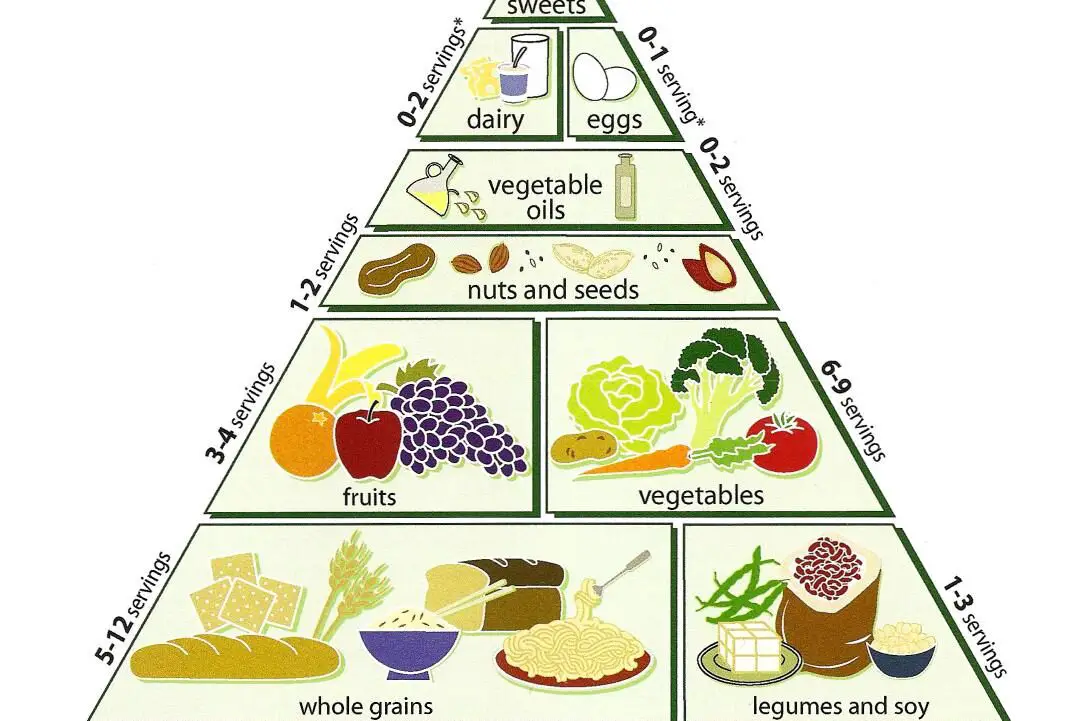
The food pyramid was posted in every classroom, telling us to eat loads of bread and use fats “sparingly.” It felt more like a weird diet plan than a science lesson. Six to eleven servings of grains? Really?
We weren’t taught how to make healthy choices—just how to regurgitate the pyramid’s layers. Nutrition became a triangle, not a lifestyle. And it turned out, some of that advice wasn’t even right. All that memorization for something that didn’t hold up? That one really left a bad taste.
14. Roman Numerals

Roman numerals popped up just enough to annoy us. Clocks, Super Bowls, and movie sequels loved them, but in school, we had to learn way more than we’d ever use. I, V, X, L, C, D, M—it was like learning a second alphabet.
Once you figured out how the system worked, it was kinda cool—but also kinda pointless. We weren’t decoding ancient scrolls. And using “IV” instead of “4” didn’t feel like it was worth the time spent drilling it into our brains. Another quiz, another short-term memory dump.
15. The Fifty States in Alphabetical Order

For some reason, knowing the alphabetical list of U.S. states was a classroom staple. “Alabama, Alaska, Arizona…” We sang it, recited it, and even clapped through it. But why we needed to know them in that order? No one could say.
It didn’t help us learn where they were on a map, or even what made each one unique. It was just about speed and accuracy. Maybe it built memory skills, but it didn’t build knowledge. And every time we messed up around “Missouri,” we had to start all over again.
